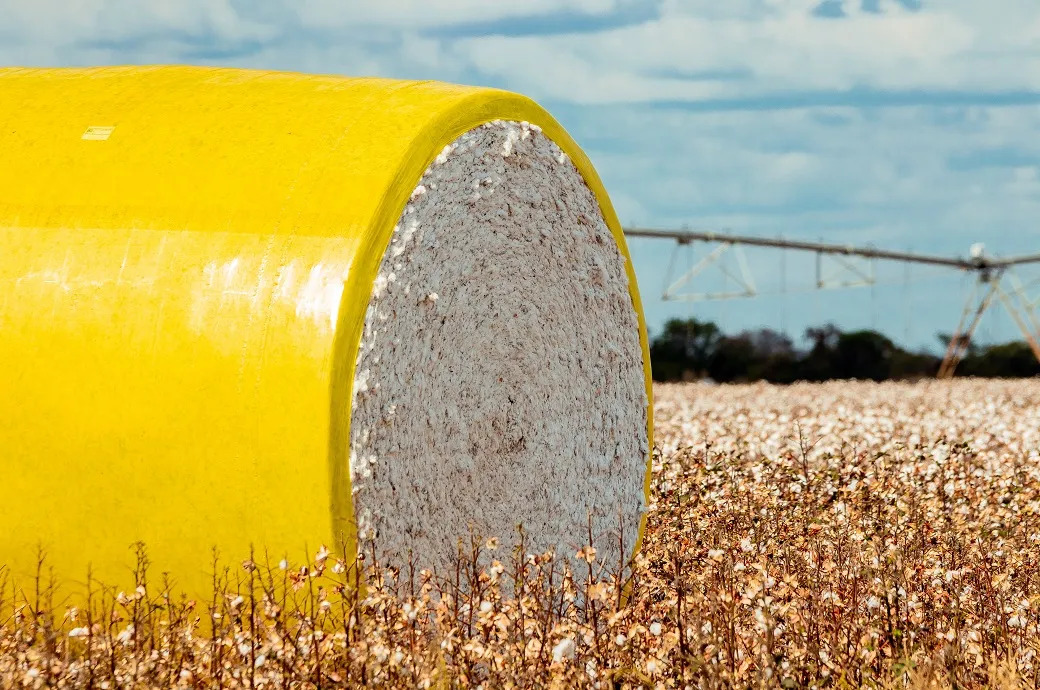In the two years since the launch of the Sustainable Clothing Action Plan (SCAP) 2020 targets, WRAP claims that waste generated by the clothing supply chains has remained ‘stable’. WRAP identified key areas that could deliver reductions in environmental impact of clothing. These are: using lower impact fibres, extending the active life of clothes, and increasing re-use and recycling and that is when SCAP was launched in 2013. Retailers such as Marks & Spencer, have signed up to the SCAP 2020 commitment.
Signatories pledged to reduce carbon, water and waste to landfill by 15 per cent alongside a 3.5 per cent reduction in the amount of waste arising per tonne of clothing by 2020, under the commitments. A 16,000 tonne waste reduction across the clothing supply chain, encompassing the entire lifecycle of the products would be required for the targets measured against a 2012 baseline.
Nationwide retailers such as the Arcadia Group, Debenhams, John Lewis, New Look, Next, and Marks and Spencer, including clothing designers, textile recyclers and waste management firms are all a part of the 82 signatories and supporters that signed up to the commitment. WRAP estimates that signatories to the commitment represent over 50 percent of the UK retail market by sales, volume and value.
Director of WRAP, Marcus Gover said that SCAP signatories have made great progress against the targets to date, particularly water and that this was a positive indication of what can be achieved and it must be capitalised on the momentum it has been built. He added that they would be working with the sector to ensure focus is maintained on priority areas.












